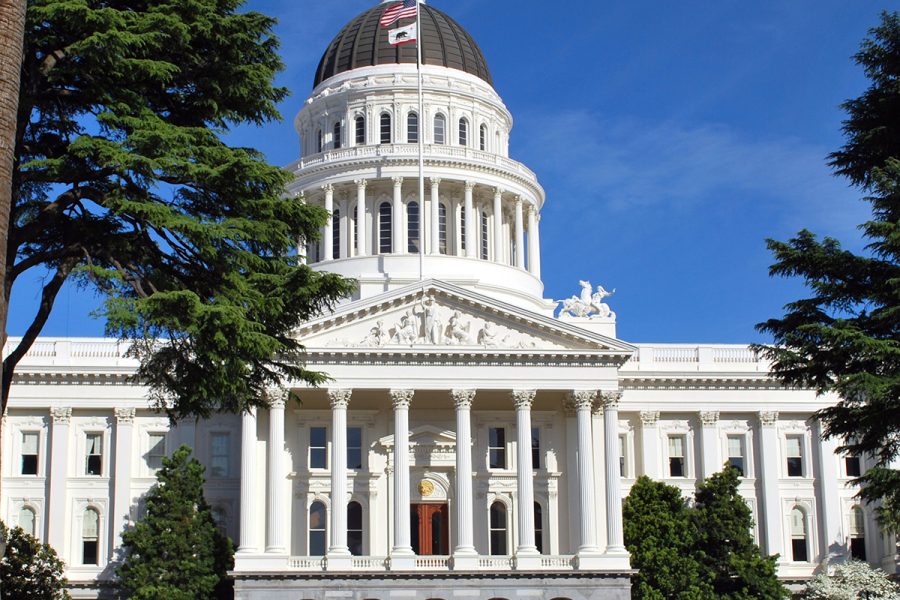As KCRA 3 News reported, the Service Employees International Union (SEIU) required business groups and others engaged in negotiations over the bill to sign NDA’s to keep provisions of the discussions secret. The NDAs became controversial when it came to light that a billionaire donor of Gov. Newsom who is a Panera franchise owner allegedly asked for exemptions from the bill.
No real clarity has been provided on whether Panera is exempt or must comply with the law due to the NDAs signed by all the parties. Even the author of the bill, Asm. Chris Holden, and other legislative leaders said they don’t really know the answer to this question because they weren’t actually involved in the discussions.
Lawmakers, journalists and taxpayers expressed outrage that the details of legislation that would have major impact on the economy cannot be disclosed.
State Senate President Mike McGuire, D-North Coast, told KCRA that, “I do not see the need for an NDA with legislation,” while Senate Minority Leader Brian Jones, R-Santee, said “that is egregious, that is corrupt.”
To put a stop to this, Asm. Vince Fong, R-Bakersfield, has introduced Assembly Bill 2654, which will be soon considered by lawmakers. The bill would “prohibit lobbyists and certainly public officials and employees . . . from entering into, or requestion that another party enter into, a nondisclosure agreement relating the drafting, negotiation, discussion, or creation of legislation.”
Even though state law proclaims that “access to information concerning the conduct of the people’s business ins a fundamental and necessary right of every person in this state,” the California Public Records Act and its legislative counterpart are routinely criticized by watchdog groups as being weak and allowing the state to withhold disclosure of materials it doesn’t wish to make public.
Consider that Open the Books, for example, had to sue former State Controller Betty Yee for access to the state’s checkbook. They lost in court and were ultimately forced to file public records act requests with every state agency to compile their own online spending database. This is astonishing – the public has a right to this information and shouldn’t have to go to court or make a formal legal request to get it.
One left-wing activist group is even pursuing a state ballot measure to put more teeth in the state’s public records act.
AB 2654 is already receiving a chilly reception at the State Capitol, interestingly from both business and labor interests and it’s unclear whether the bill should move forward.
The California Chamber of Commerce is opposing the bill, writing perhaps ironically that, “we see NDA’s as critical to allowing frank discussions around complicated issues” and noting that “oftentimes the negotiation process involves disclosure of confidential financial information or company trade secrets.” This is a red herring – sensitive corporate information can be protected from disclosure while still otherwise outlawing NDAs in legislative negotiations.
To be sure, much lawmaking goes on behind closed doors every day in Sacramento.
Decisions on the fate of bills are made outside the public view by the Legislature’s liberal leadership. State budget negotiations go on between the Governor, lawmakers, and interest groups in private for months during the crafting of the budget. Major bills are hashed out in meetings at the Capitol, lobbyist offices, and even Sacramento’s favorite watering holes (think the infamous “napkin deal” on tort reform in 1987 that was struck at Frank Fat’s and written out on a napkin).
But all of this happens in the normal business of legislating. NDAs are not needed for any of this. The legislative process would certainly not be hindered in any way if they were abolished.
Nancy Pelosi’s adage about Obamacare that “we have to pass the bill so that you can find out what is in it” was a true statement about how things really work in centers of power, but it is all the more reason bills like AB 2654 are needed.
Panera-gate is so unseemly because it was really all about hiding information – whether from the public, the news media, or opponents of the legislation. What was discussed in secret is clearly information that the people have the right to know about. That we still don’t know if one group or another is exempted from the law shows the need for reform.
However sensitive or fragile the discussions may be, there’s really no justification for NDAs in lawmaking.
Tim Anaya is the Pacific Research Institute’s vice president of marketing and communications.


